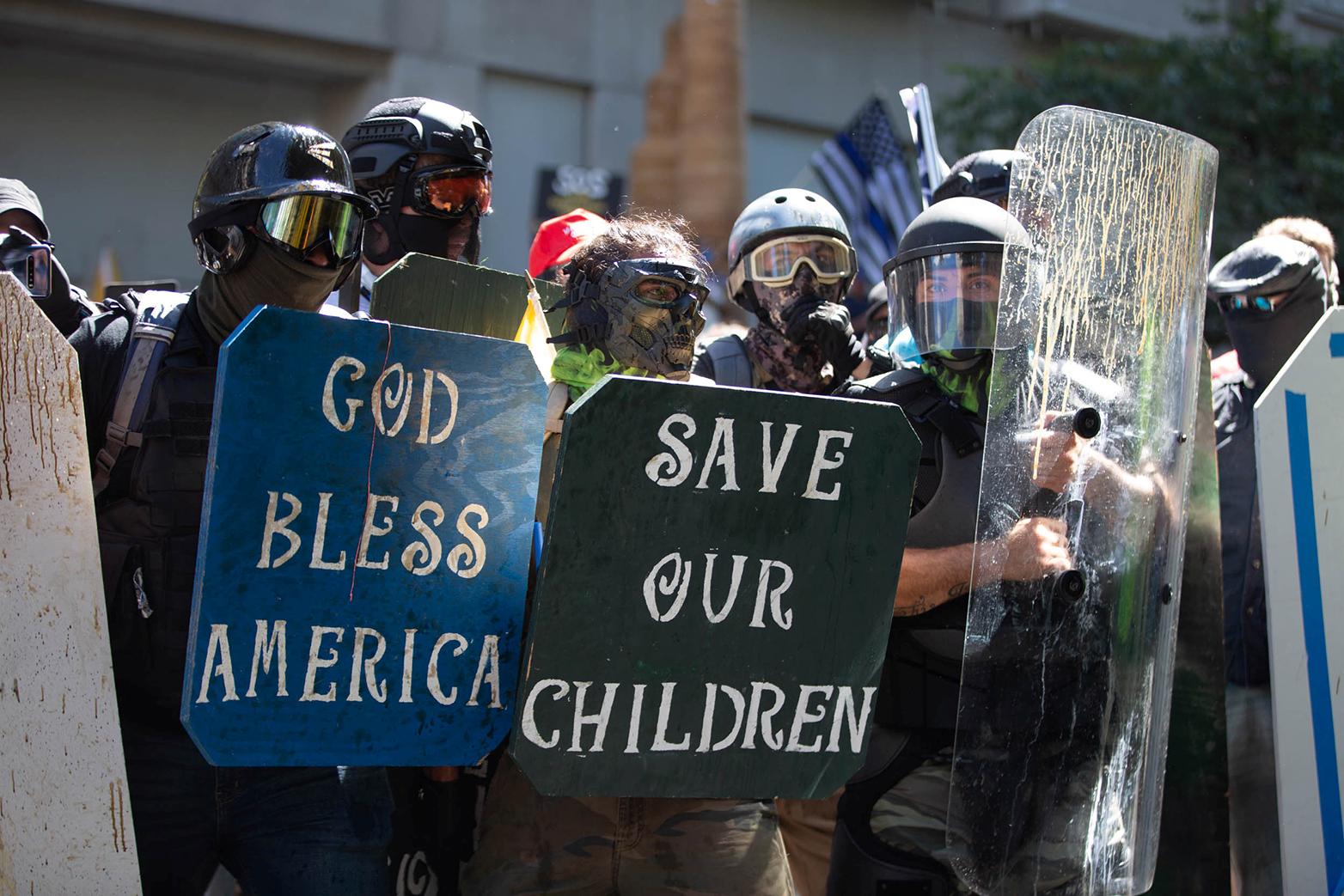Contemporary Christian Nationalism in the US
The disputed presidential election in 2020, culminating in a mob storming the Capitol, poses challenges for US democracy, argue Cora Alder and Emanuel Schäublin in this CSS Analysis. In a polarized society, an increasingly confrontational version of Christian nationalism gains support among mostly white Americans who oppose efforts to address racial injustice and gender inequality.

On 6 January 2021, the US Congress met in a joint session to confirm Joe Biden’s victory in the presidential election. On that day, supporters of then-president Donald Trump gathered in Washington DC seeking to “Stop the Steal” and overturn the election results. After Trump delivered a fiery speech, his supporters stormed the US Capitol. Next to Confederate flags and Trump signs flew banners reading “Jesus Saves” or “Jesus 2020” in the winter winds. Alongside adherents of QAnon and other groups promoting conspiracy narratives and white men in military vests, other protestors kneeled to the ground and prayed. Defying the outcome of the 2020 presidential election, several thousand protesters on the Hill that day blended symbols of Christianity and conspiracy imagery with icons of conservative US patriotism.
